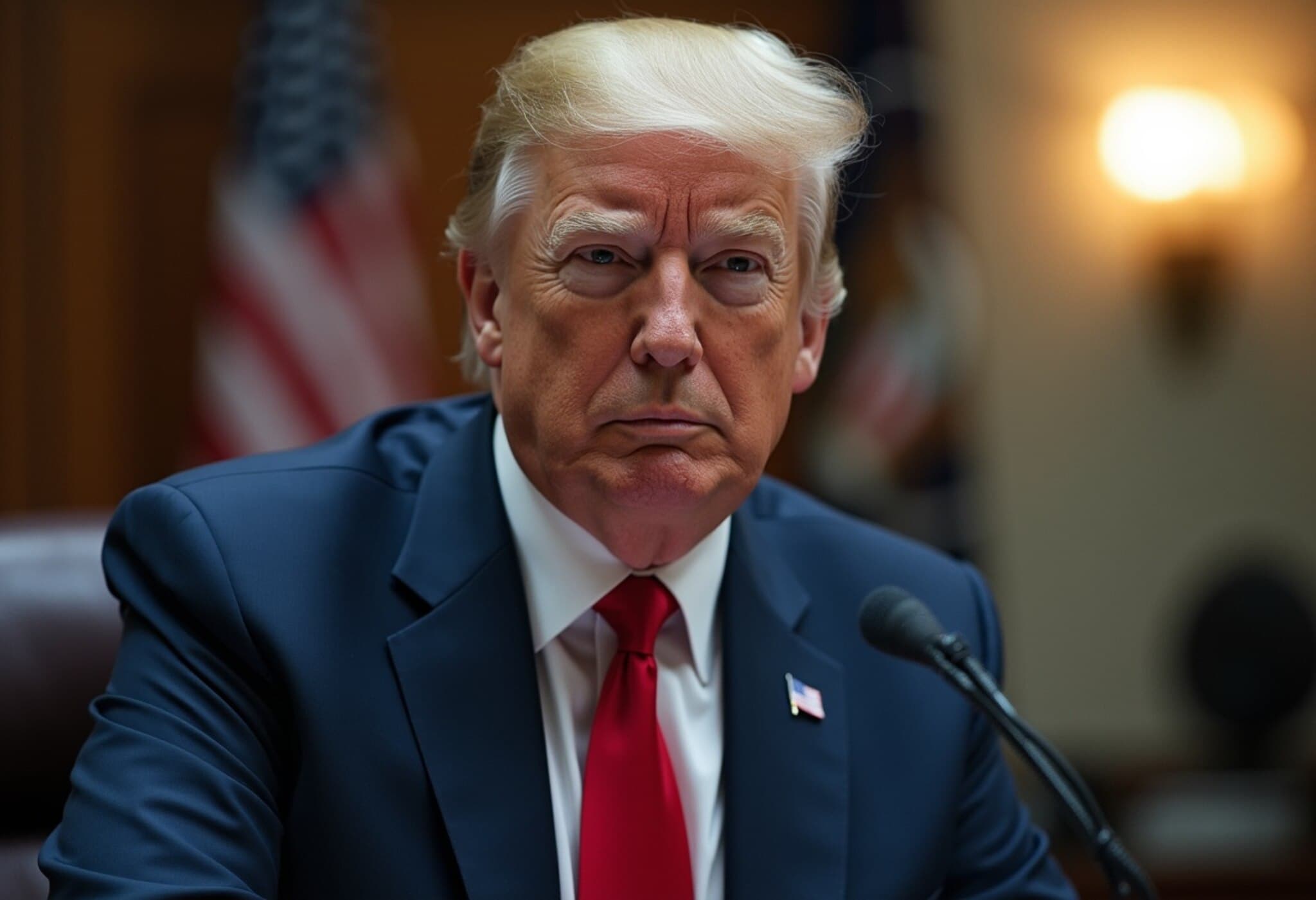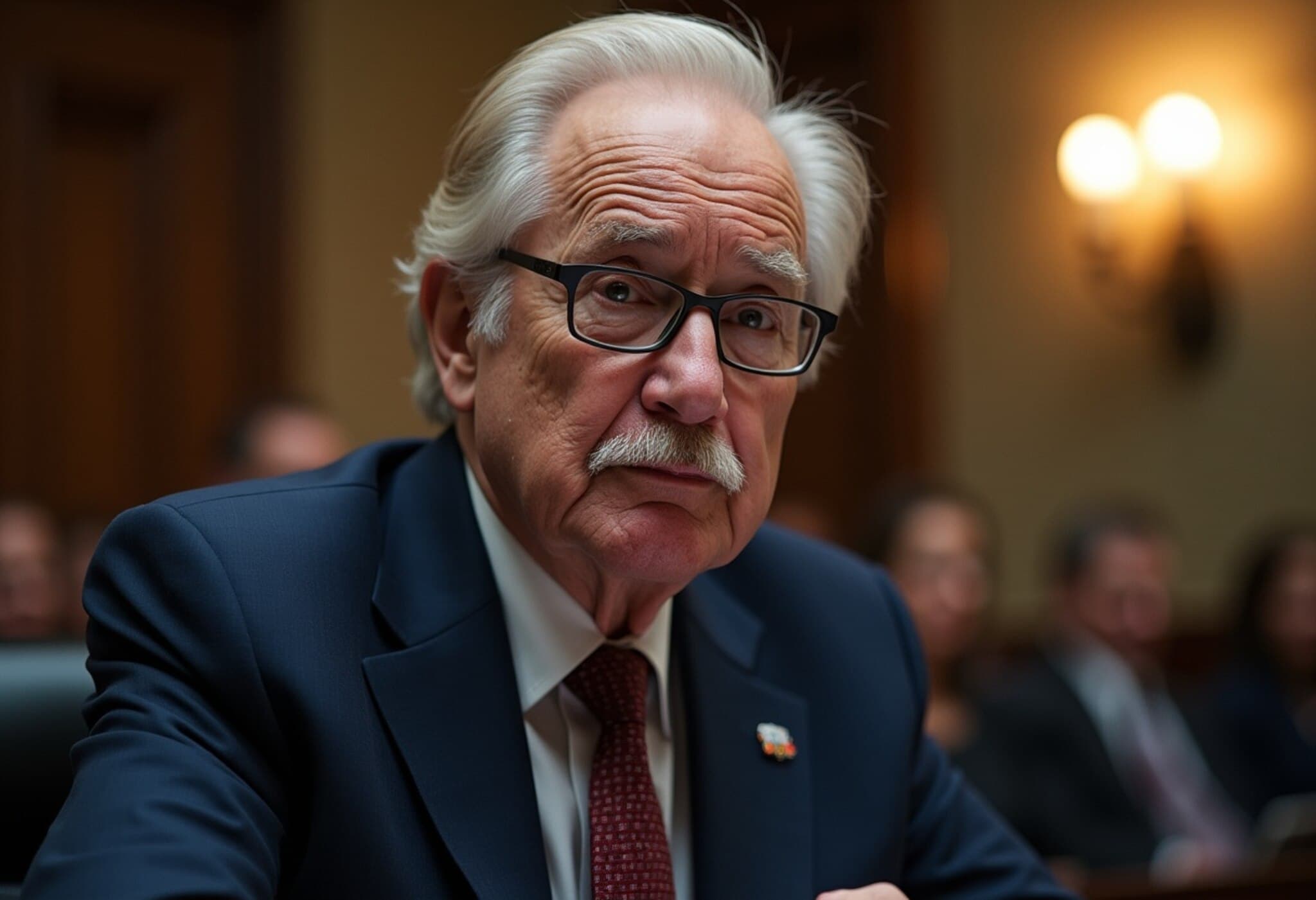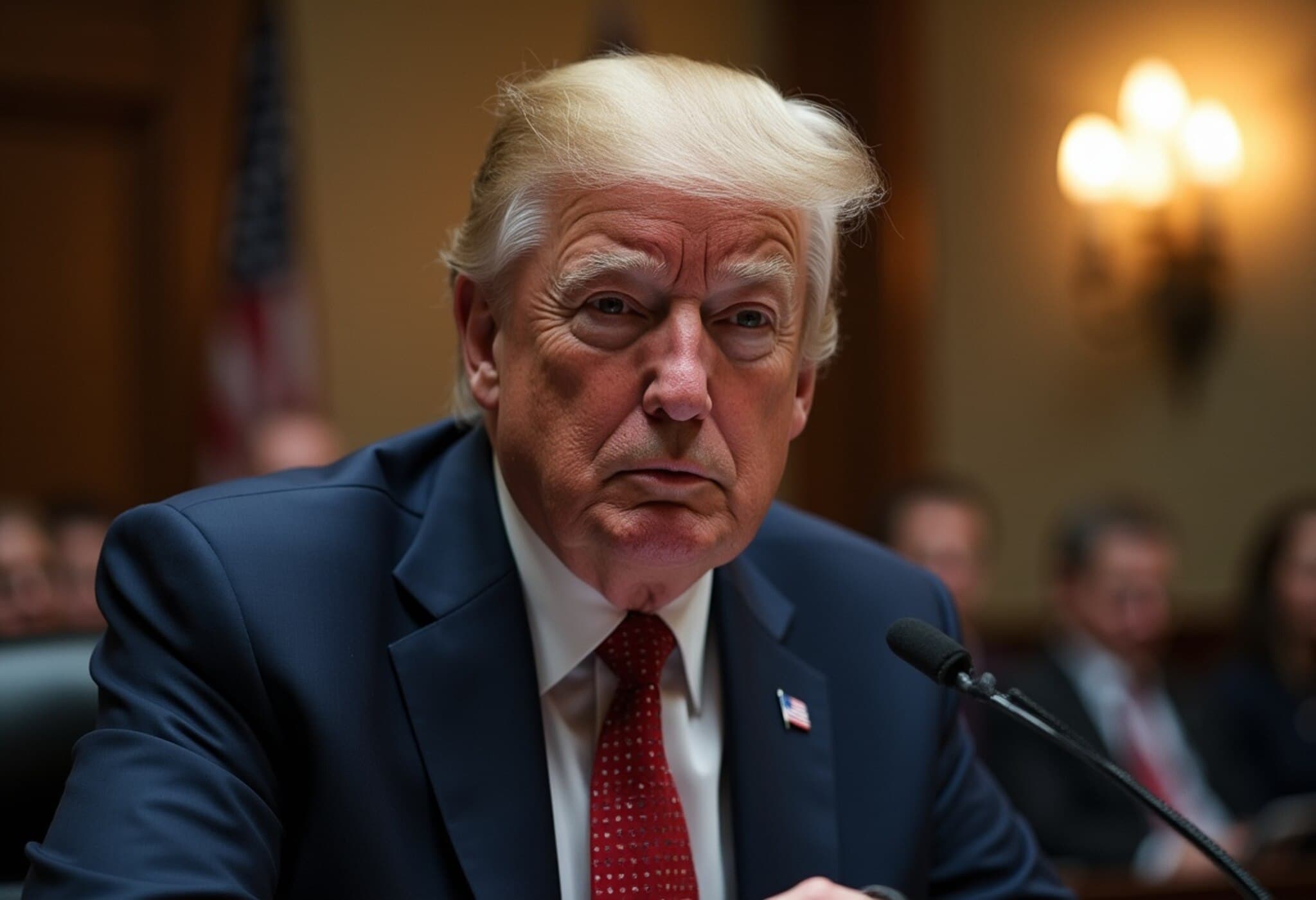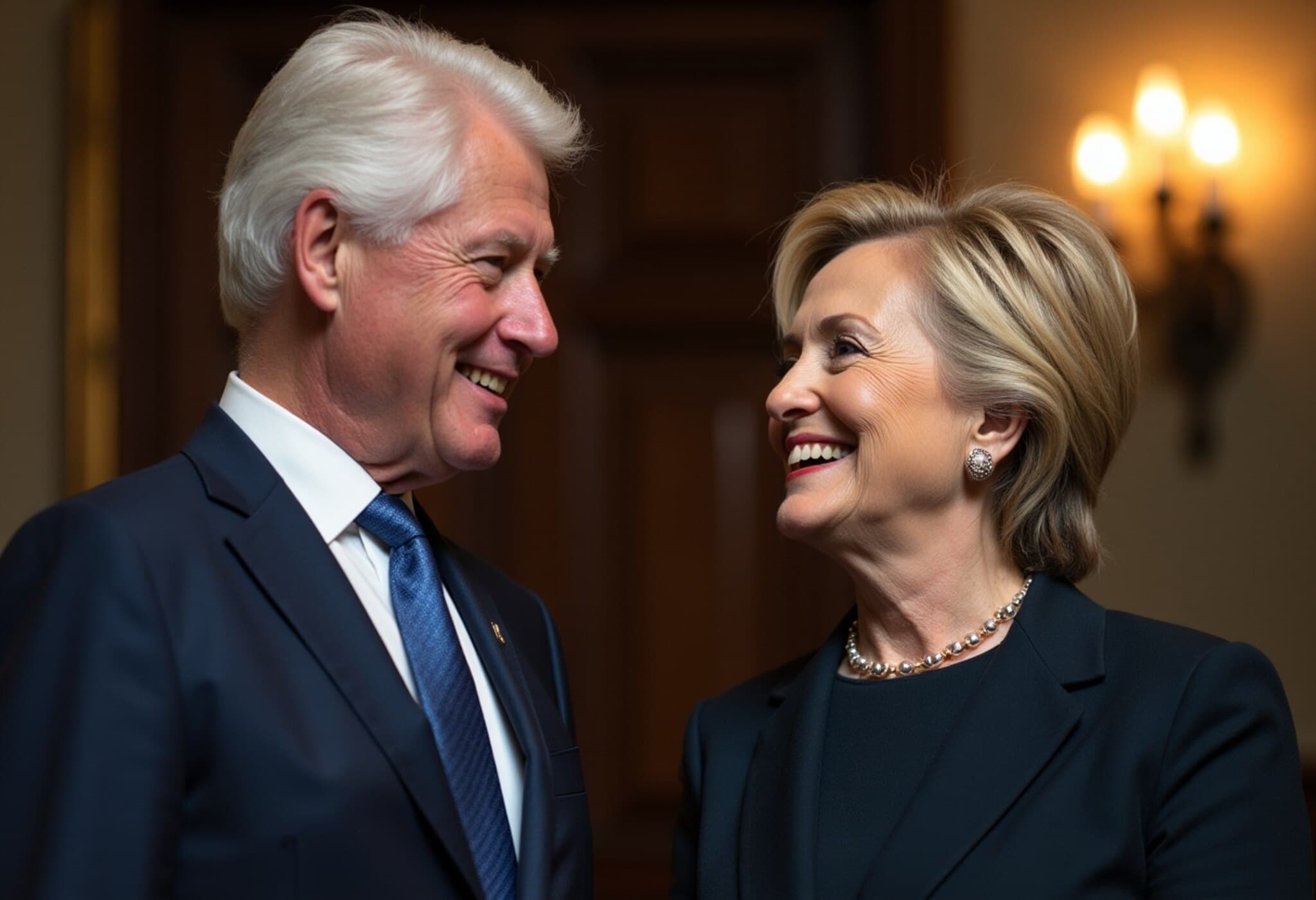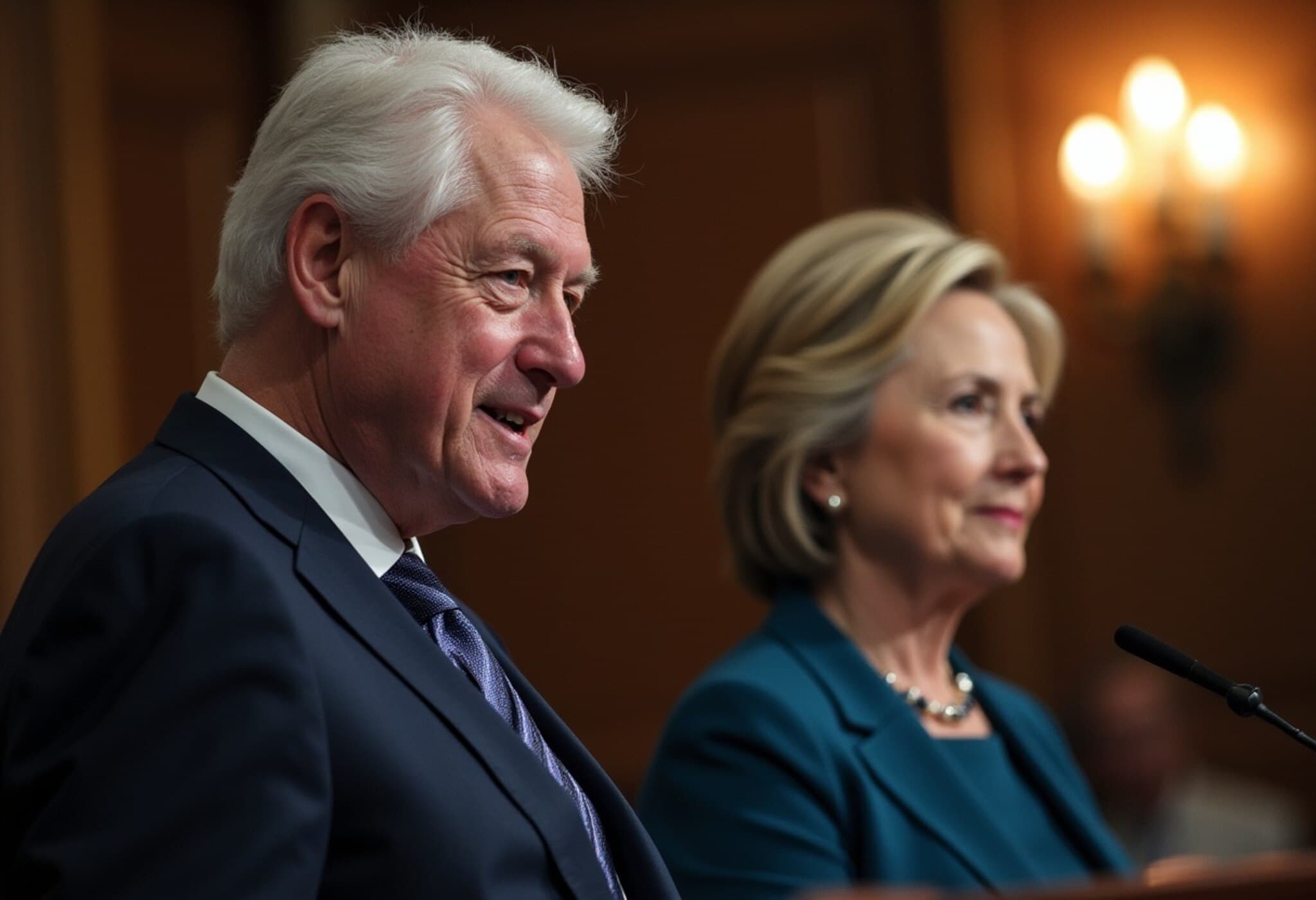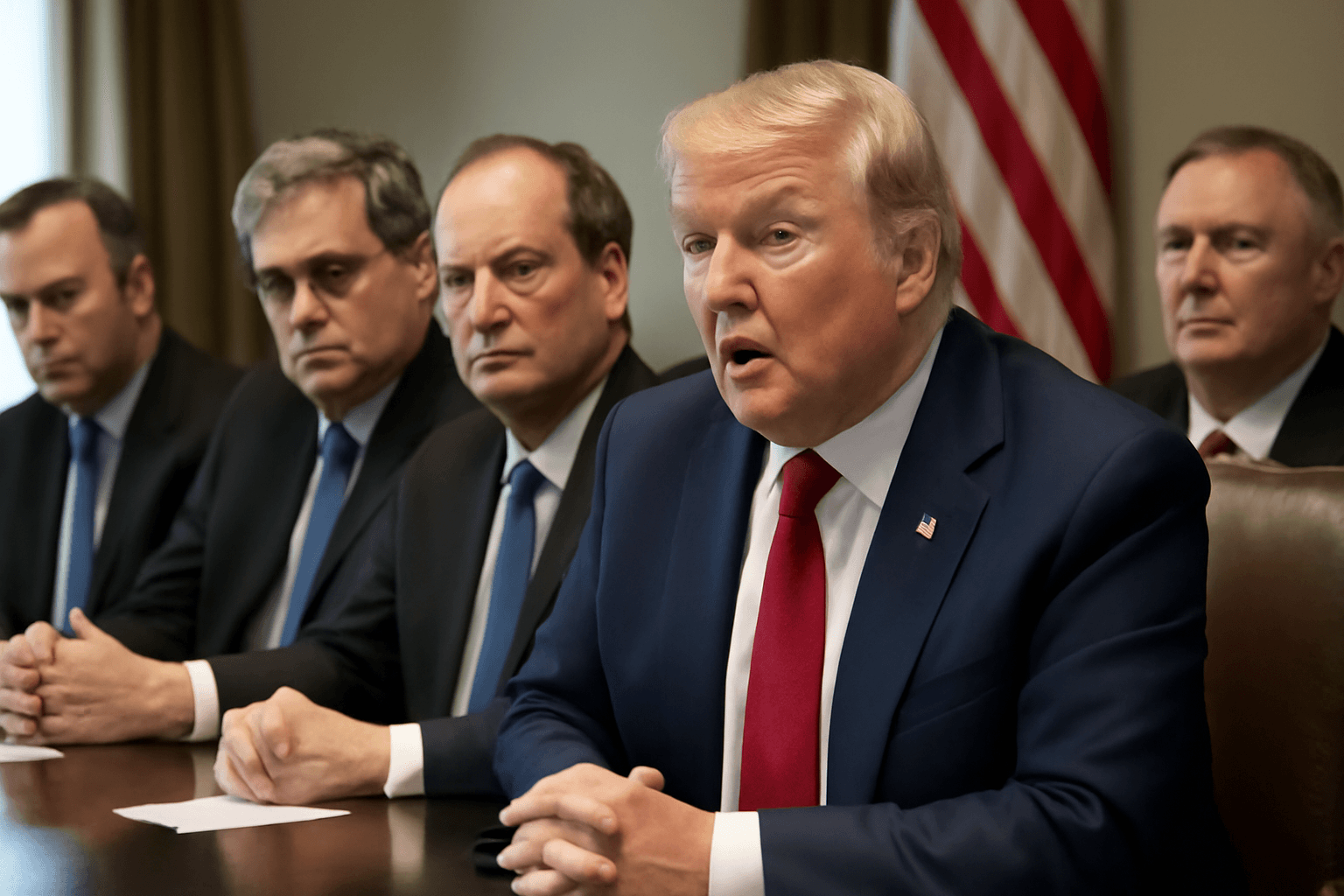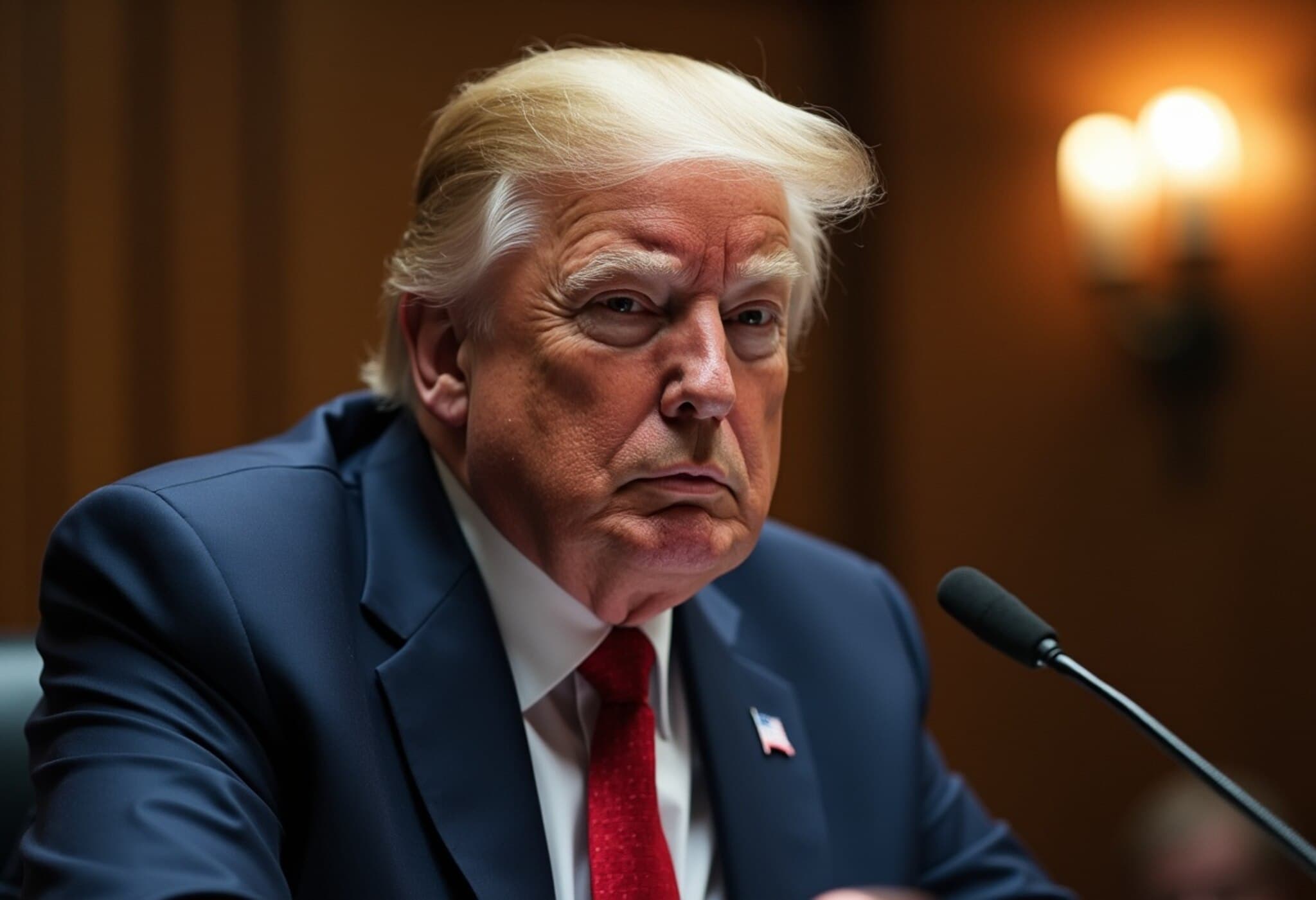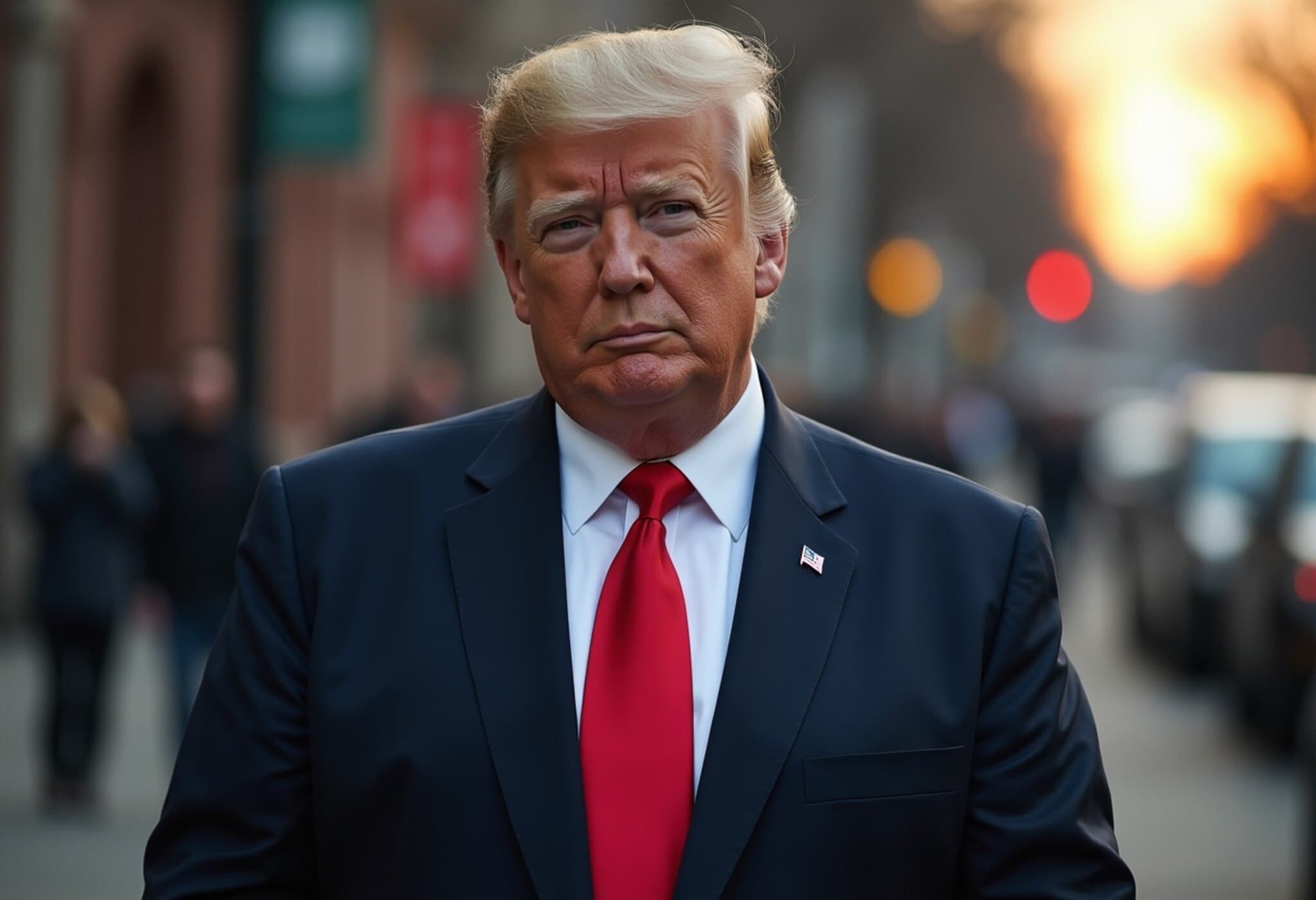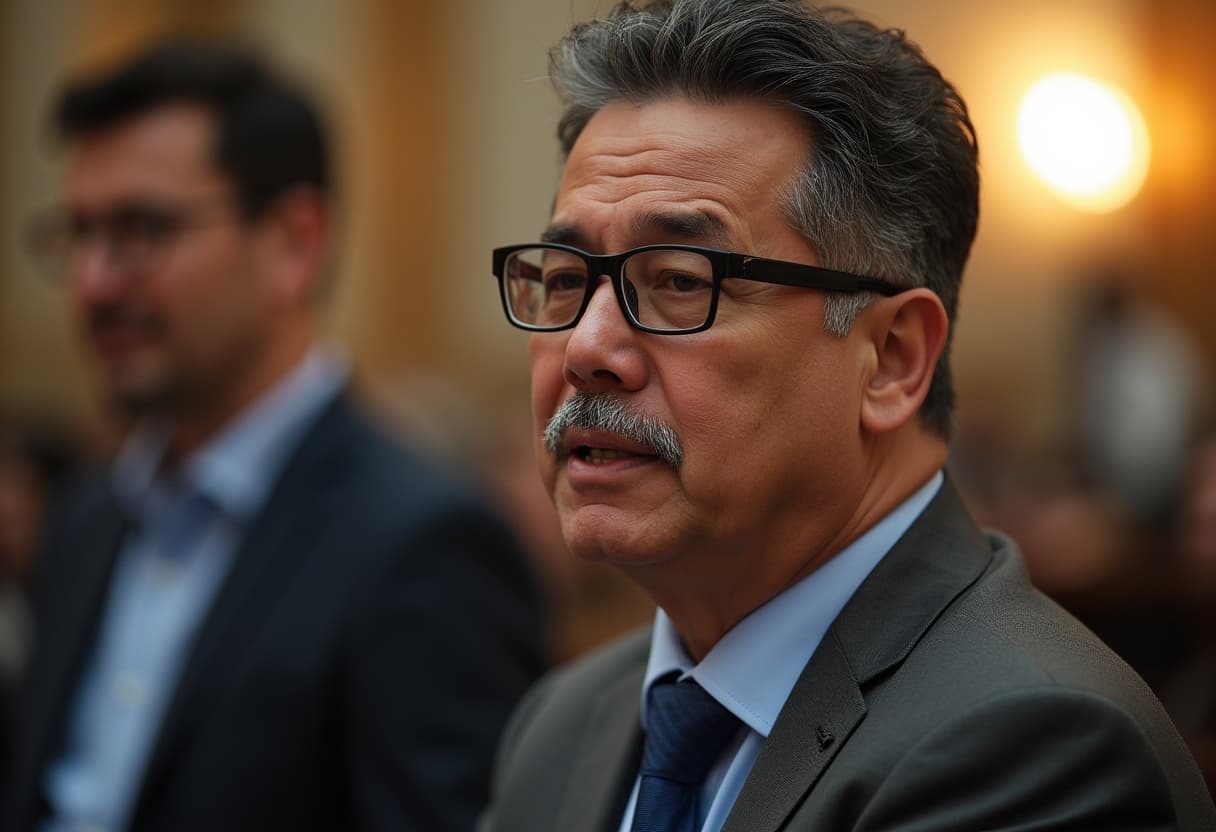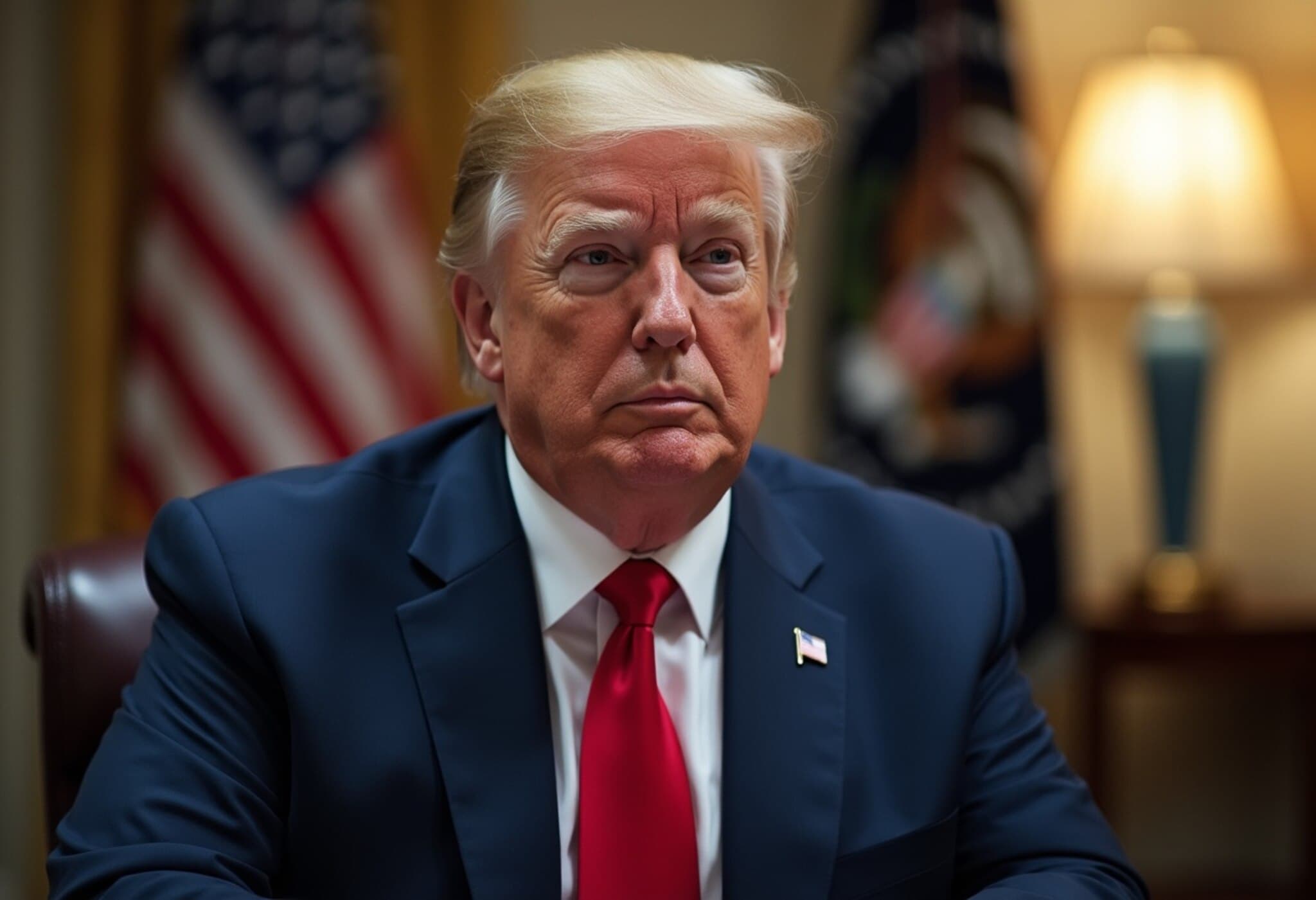FBI’s Epstein Document Review Sparks Debate Over Redacted Trump References
In a sweeping and unprecedented effort earlier this year, the Federal Bureau of Investigation (FBI) undertook a massive review of internal documents linked to convicted sex offender Jeffrey Epstein. Nearly 1,000 agents spent weeks sifting through more than 100,000 pages of records as part of a Justice Department-led reassessment aimed at determining whether new disclosures were warranted.
Why Was Trump’s Name Redacted?
According to a detailed report by Bloomberg, the FBI specifically instructed its Freedom of Information Act (FOIA) officers to flag and redact references to former President Donald Trump and other high-profile individuals. The agency cited concerns over protecting privacy and preventing what it termed an “unwarranted invasion of personal privacy.” Notably, Trump’s name was blacked out because during the initial Epstein investigation in 2006, he was a private citizen, thus invoking FOIA exemptions that shield such sensitive information from public release without clear cause.
Scope and Context of the Review
- About 1,000 FBI agents were mobilized in March 2025 to comb through Epstein-related files.
- The archive encompassed well over 100,000 pages of internal documents, interviews, and correspondences.
- The Justice Department’s reassessment sought to validate or disprove suspicions circulating in public discourse, especially regarding elite individuals.
- Trump’s name appeared frequently within the documents, though no evidence of wrongdoing was found.
This meticulous review emerged largely in response to persistent public pressure—fueled by advocates within the conservative MAGA movement—demanding greater transparency around Epstein’s network and potential associates.
Political Tensions and Transparency Challenges
The decision to redact Trump’s name has ignited controversy. Supporters argue that full disclosure is essential to uphold justice and accountability, while critics point to privacy laws and the absence of criminal findings as justification for withholding information.
Earlier in 2025, then-U.S. Attorney General Pam Bondi characterized the planned public release of Epstein files as a phased process. She indicated additional documents, including the much-speculated “client list,” were still under evaluation. However, delays sparked frustration, prompting renewed efforts and the controversial March sweep that heightened scrutiny over Trump’s connections.
Institutional Balancing Act: Privacy vs Public Interest
The FBI’s application of FOIA exemptions highlights the delicate balance agencies face between respecting individual privacy and satisfying public demands for transparency—especially when politically charged figures are involved.
Experts note that typically, FOIA provisions protect personal information of individuals who are not currently under investigation or indictment, to prevent unwarranted harm from rumor or association. Given Trump’s status as a private citizen during the original Epstein probe, the FBI’s caution aligns with established legal frameworks.
Official Responses and Ongoing Impact
The White House has consistently resisted calls for releasing additional files, describing further disclosures as unnecessary. A July statement from administration officials emphasized that no new information warranted public disclosure and expressed an interest in moving beyond the issue.
Meanwhile, public interest remains high. Civil rights advocates and media watchdogs continue to push for greater openness about Epstein’s social network, questioning whether justice has been fully served.
Broader Implications for Justice and Media Literacy
This episode underscores broader challenges in the intersection of legal privacy protections, political power, and public transparency—especially in high-profile cases with significant media attention.
- How do agencies balance protecting individual rights with the public’s right to know?
- What are the risks of redacting names of politically connected figures on public trust?
- Could selective disclosure fuel misinformation or conspiracy theories?
- What lessons does this hold for future government transparency efforts?
For journalists, officials, and citizens alike, the Epstein files saga is a potent reminder of the complexities at play when secrets, law, and power collide.
Editor's Note
The FBI’s decision to redact Donald Trump’s name from Jeffrey Epstein’s files brings to light an enduring tension between privacy rights and the public’s right to transparency, especially amid politically charged environments. While no evidence implicates Trump in criminal wrongdoing, the controversy highlights how legal frameworks and political considerations shape access to sensitive information. Readers should remain critical and vigilant, recognizing that true accountability often requires navigating a fine line between protecting individuals and exposing uncomfortable truths.

